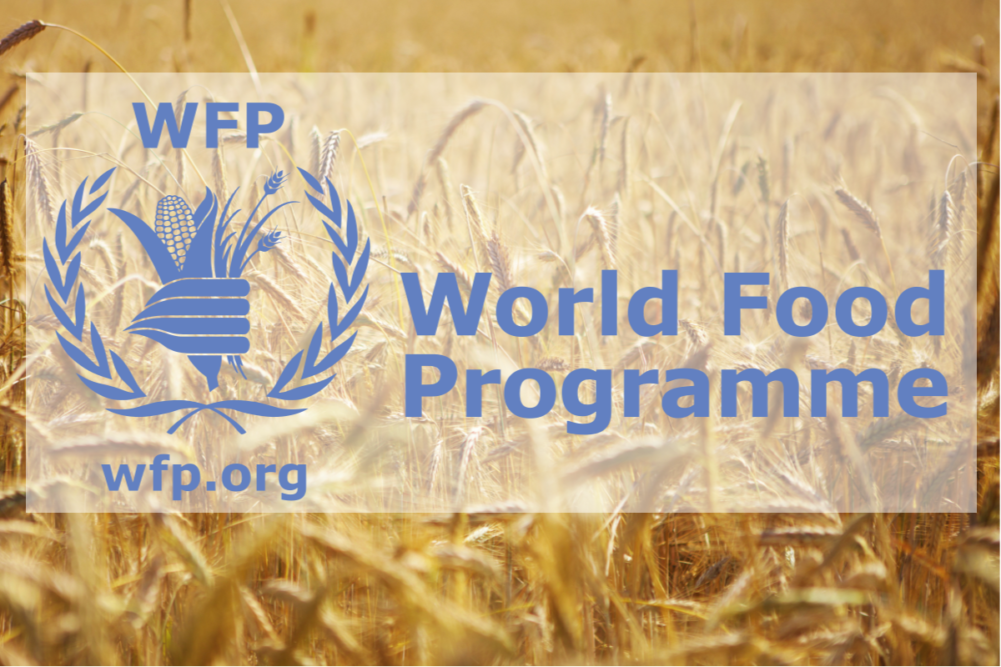OSLO, NORWAY — The United Nations World Food Programme (WFP) was awarded the Nobel Peace Prize for 2020 “for its efforts to combat hunger, for its contribution to bettering conditions for peace in conflict-affected areas and for acting as a driving force in efforts to prevent the use of hunger as a weapon of war and conflict.”
The announcement was made on Oct. 9 by the Norwegian Nobel Committee.
The WFP is the world’s largest humanitarian organization addressing hunger and promoting food security. In 2019, the WFP provided assistance to close to 100 million people in 88 countries who are victims of acute food insecurity and hunger. More recently, the organization has stepped up to provide assistance during the global coronavirus (COVID-19) pandemic, which has contributed to an upsurge in the number of victims of hunger in the world.
In the face of the pandemic, the WFP “has demonstrated an impressive ability to intensify its efforts,” the Norwegian Nobel Committee said, adding that the WFP has taken the lead in combining humanitarian work with peace efforts through pioneering projects in South America, Africa and Asia.
“With this year’s award, the Norwegian Nobel Committee wishes to turn the eyes of the world toward the millions of people who suffer from or face the threat of hunger,” the Norwegian Nobel Committee said. “The World Food Programme plays a key role in multilateral cooperation on making food security an instrument of peace, and has made a strong contribution towards mobilizing UN Member States to combat the use of hunger as a weapon of war and conflict. The organization contributes daily to advancing the fraternity of nations referred to in Alfred Nobel’s will. As the UN’s largest specialized agency, the World Food Programme is a modern version of the peace congresses that the Nobel Peace Prize is intended to promote.
“The work of the World Food Programme to the benefit of humankind is an endeavor that all the nations of the world should be able to endorse and support.”
David Beasley, executive director of the WFP, called the awarding of the Nobel Peace Prize “a humbling, moving recognition of the work of WFP staff who lay their lives on the line every day to bring food and assistance for close to 100 million hungry children, women and men across the world.”
“The Nobel Peace Prize is not WFP’s alone,” Beasley said. “We work closely with government, organizations and private sector partners whose passion for helping the hungry and vulnerable equals ours. We could not possibly help anyone without them. We are an operational agency and the daily work of our staff each day is driven by our core values of integrity, humanity and inclusion.
“Where there is conflict, there is hunger. And where there is hunger, there is often conflict. Today is a reminder that food security, peace and stability go together. Without peace, we cannot achieve our global goal of zero hunger; and while there is hunger, we will never have a peaceful world.”






